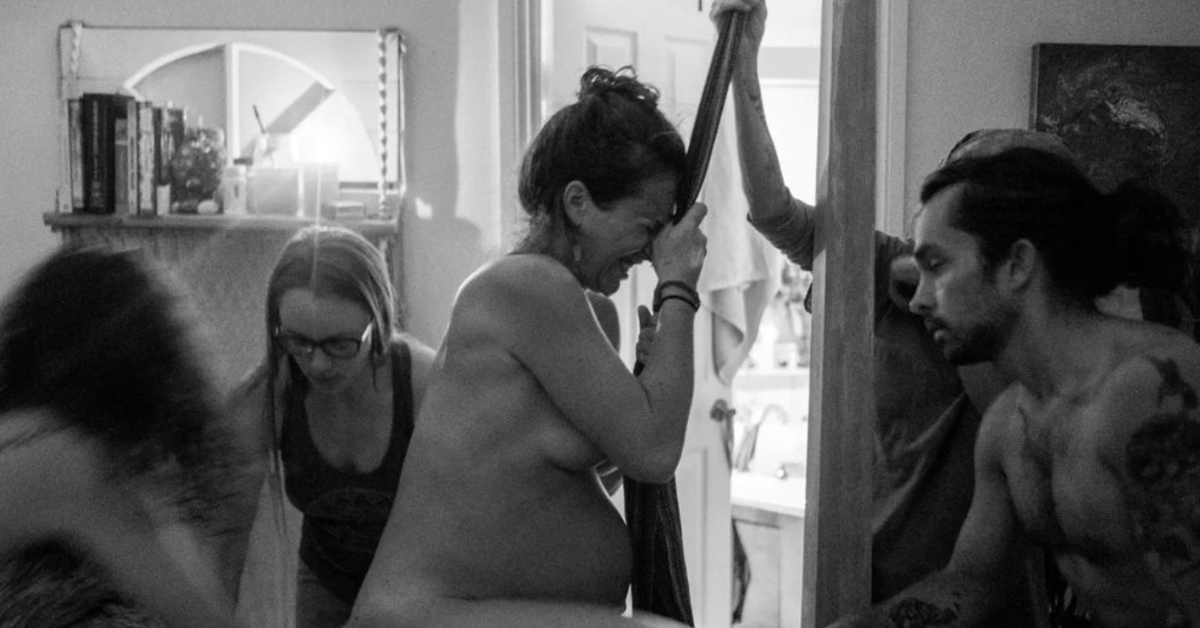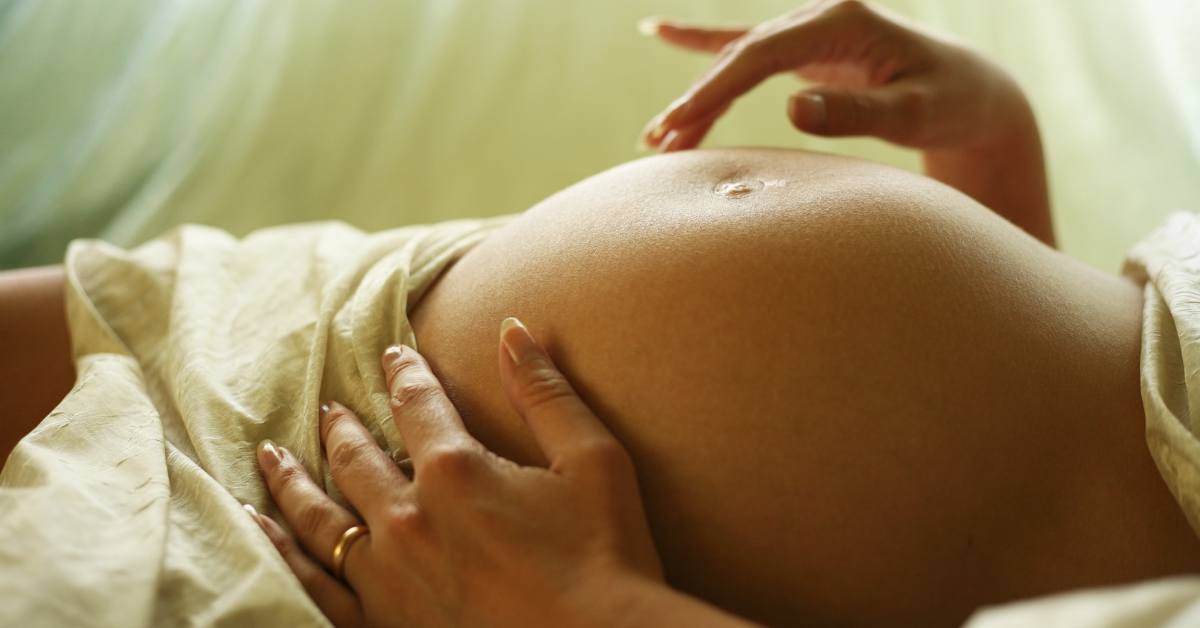Mastitis is an inflammation of the breast tissue, which a number of factors can cause. The most common cause is an infection in the breast tissue. Many individuals can contract this infection from bacteria that enter through cracks in the nipple. While other bacteria are present in milk ducts or milk glands. While this breast inflammation does occur in men and non-breastfeeding women, it is most prevalent in postpartum. In this article, we will explain what is mastitis and how you can prevent it.
You may have mastitis if your breasts become hard and painful and produce less milk than usual when breastfeeding. Mastitis is not serious when treated promptly with antibiotics and rest, but it can lead to severe complications if left untreated.
Mastitis can be mild or severe. Infected milk ducts often cause mild mastitis on the breast or a clogged milk duct area. Severe mastitis is when there are high bacteria levels in your breast tissue due to your body’s failure to fight off infection.
Symptoms of Mastitis
Report the following signs and symptoms to your health care provider. Medical treatment will be required. Symptoms may include:
- Soreness or redness in the breast area
- Breast pain with or without fever
- Breast changes, such as swelling, redness, or tenderness
- Tender or swollen glands
- Blood in the nipple discharge
More information regarding symptoms is available on the Healthline website. Do not delay seeking a proper diagnosis.
Preventing Mastitis
Prevention of mastitis is vital in preserving the health of the mother postpartum. Mastitis is an inflammation of the breast tissue and can occur at any time after the baby is born. Since It develops through a blocked milk duct it leads to an infection that can be very painful.
Knowing how to treat mastitis is beneficial but, preventing it is better. Consider consulting with a lactation specialist or a certified nurse-midwife. You will receive advice based on training, education, and experience. Learning proper breastfeeding tips and techniques will prevent breast infections. Taking care of a baby takes all of your time and energy.
Don’t derail the experience with mastitis. Manage the risks of developing mastitis with these tips:
- Drain the milk from your breasts at each feeding session. If the baby falls asleep while feeding, express the milk to empty the breast. Thus lessening the risk of mastitis. Your body will continue to produce what your baby needs.
- Increase frequency of breastfeeding.
- Change the breastfeeding position at each feeding session.
- Ensure baby is latching on properly.
- Use a loose-fitting bra or nursing bra.
- Keep the breasts and nipple area clean, change nursing pads often.
- Prevent breast inflammation and infection with careful washing of your hands prior to breastfeeding.
Do not stop breastfeeding if you begin to feel the symptoms of mastitis. Continue feeding or expressing milk as usual. In other words, stopping suddenly will worsen the symptoms and condition. Contact your nurse-midwife for assistance and instructions regarding breast inflammation.
Some of the mastitis prevention tips include:
- Warm compresses on your breast before nursing to help with milk flow and to warm up your breast before feeding.
- Breastfeed often, but not too often – it can lead to oversupply or plugged ducts.
- If you have a cold or flu, prevention measures can include wearing gloves or a mask when breastfeeding or expressing.
Further, there are many ways to prevent breast inflammation. It is essential to know what they are and how they help. Some of the most effective ways to prevent mastitis include avoiding tight clothing, drinking plenty of fluids, and taking antibiotics if needed. More information is available on the Mayo Clinic website.
The Importance of Breast Health
Breast health is a significant concern for women. Following childbirth, women are at risk for mastitis. A certified nurse-midwife is specifically qualified to educate post-partum and continuing breast health.
Certified nurse-midwives receive training in comprehensive care for pregnant women and new mothers. This includes providing education about breast health and mastitis prevention.
Pregnancy, preparation, and childbirth all involve a multitude of decision-making. The health of the mother and baby will continue to be a priority after childbirth for Midwife360. If you are planning a family, you should learn everything you can about these current pregnancy initiatives.
Midwife 360 is available for consultation. Our team of certified midwives will collaborate to provide the greatest possible result for you.






